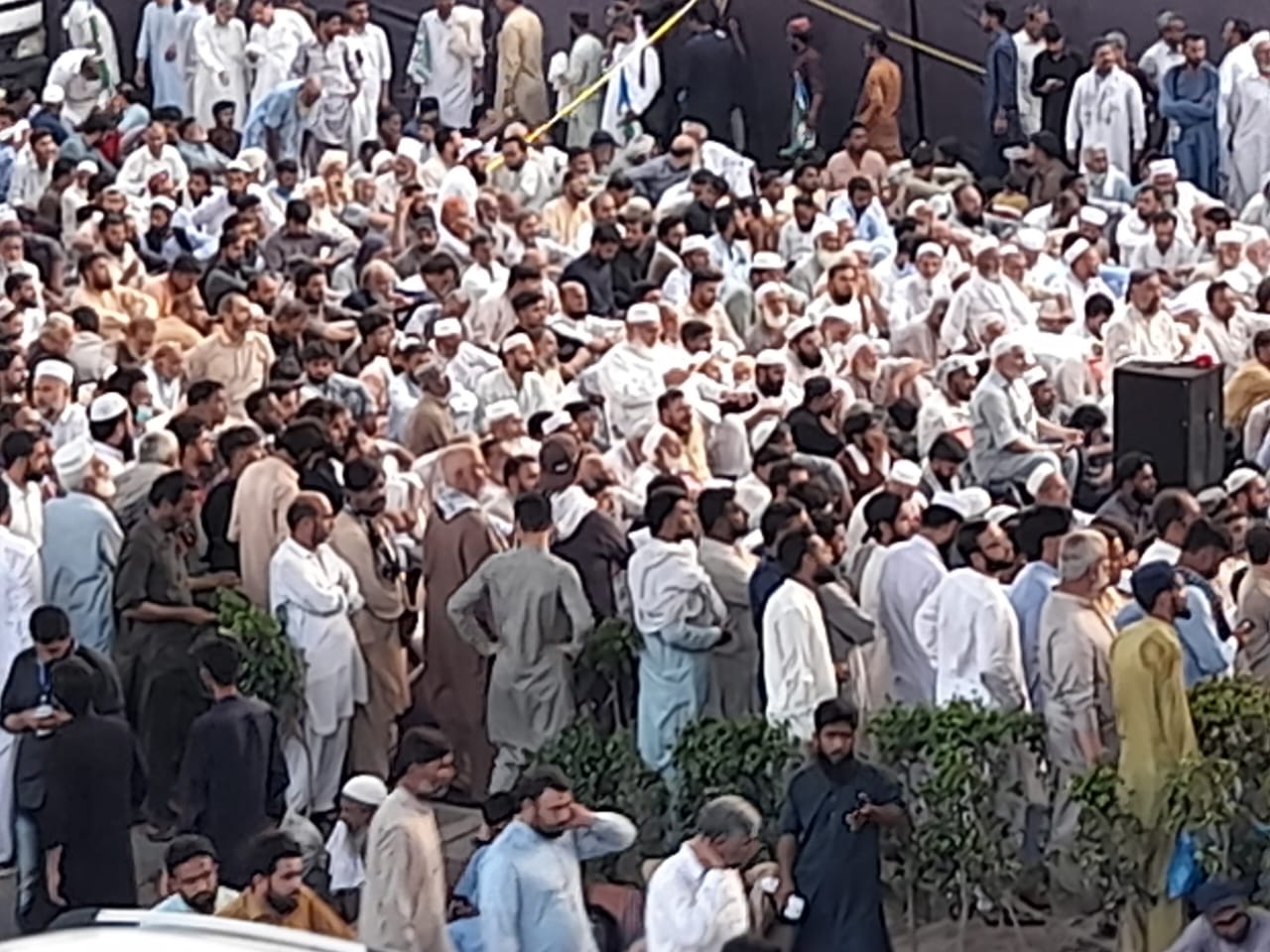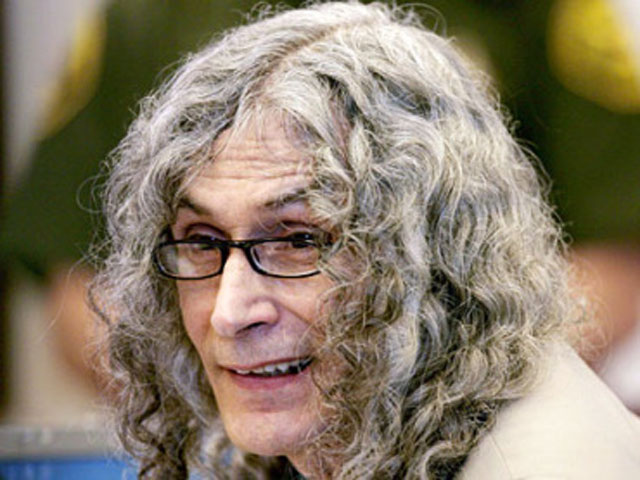Discarded Red-Light Areas in Pakistan
Crockery business overshadowing dancing profession at Qassai Galli
Pak Chronicle Web Desk
Discarded Red-Light Areas in Pakistan: Much has changed for the past many decades at Qassai Galli but a few families associated with the profession of dancing and singing are still surviving here in hope of better future which seems a distant dream at the moment.
The women of these families now don’t sing for the visitors at their homes, which was the traditional culture over here but now they wait for the visitors’ arrival to get role of dancing at wedding ceremonies or at some other party.
Now the dancers and their family members just look at every new visitor as a potential client and start hoping to get place in some dancing event, especially the wedding ceremonies.
Situated at Raja Bazar, Qassai Galli (butcher’s street) was once considered red-light area (dancing only) decades ago but gradually its fame was overtaken with crockery business. The traders and the buyers seems at all the time in sort of urgency during day’s hours trading and the there seems no glimpse of the past glory of the street, for which it was known across the city.
The homes of these families are old fashioned and all of them have couple of things in common, narrow stairways and ever ready inhabitants to strike a deal in a dancing show. Qassai Galli starts from Raja Bazar and ends at Bazar Talwada and it has history of even before partition of the subcontinent of dancing women
Fewer visitors know nowadays what a reputation this street had in past and what a great celebrities this street had produced in the field of singing, dancing and music.
According to Sanaullah Khan, a veteran broadcaster and who has seen many changes in the city for the past six decades says till sixties the prominence of the street for its dancing women was at its peak when it produced celebrities like Chacha Karma, a renowned Tabla player, Iajaz Hazarvi, a top vocalist of Radio Pakistan and another renowned Tabla player, Sharif Tabla Wala who was known as an important musician in 1970’s.
The forgotten red-light area for dancing women was visited by the onlooker during evening when the street was echoing with ghungroos (musical anklets) and with other musical instruments. This is pertinent to mention here Sirra-e-Baily was recognized as big brothel house in the city where female sex workers were available and its business ended after banning of red-light areas from the entire country.
However, Qassai Galli which was known for dancing women survived little bit even after the imposition of ban and it’s still doing business though at the minor scale till to date.
However, in late 1970’s when red-light areas were banned from doing sex business the demand of dancing women also started declining. Now, hardly 15 houses in the street are still involved in the trade who on being reserved perform in different functions in the city especially in wedding ceremonies.
An old woman who was a dancing girl in her youth and who wished not to be named told this correspondent that nowadays hardly the women of 12 to 15 families are still earning their livelihood through dancing profession at the street but now they don’t perform at their quarters which they used to do in old days.
“The era of dancing and singing has passed decades ago and no girl dance with musical anklets on the beat of Tabla. Now all they do is to wait for arrival of some party to get chance of dancing in disco style at some ceremony,” she commented.
According to her the financial issues force the families to send their girls with eunuchs who are booked for ceremonies by different gathering in the city. She has the observation that eunuchs increasing role in dancing parties has also reduced the share of dancing women in the parties as their (eunuchs) services are cheaper in comparison with them.
“Now I am almost 60 and when I was introduced to the dancing business over here I was 15 years old. I myself and other families of dancing women belong to hereditarily business of dancing and singing and we were commonly known as Kanjars. Now trends have changed and the Kanjars are also not pure in the business as a clan what they used to be. With the passage of time others mostly individuals have taken our place in the business and they don’t pass the credentials which we had,” she observed.
She claimed to have married her daughter in some dignified family some 20 years ago and now she (her daughter) is the parent of many grown up children. She said she taught her daughter the art of dancing and singing but she left this business forever after her marriage.
The retired dancer now coaches and takes care of her a few nieces who perform on different ceremonies after being hired by some party for the dancing purpose.
According to her as the demand of dancing women is not high it’s creating negative financial impact on their daily life.
“I couldn’t pay rent of my houses which has accumulated to Rs14,000 of two months due to less demand in the parties,” exclaimed. Moreover, she stressed that the dancing women still do dancing solely and nothing else of illegal and prohibited nature.
According to her the regimes of Zulfikar Ali Bhutto and that of General Zia were much better than the existing one as an individual had not to struggle a lot in those old days even to make both ends meet.
She recalled that during the regime of General Zia, people from the Qassai Galli who were associated with dancing and singing were arrested and put behind the bars. According to her it was legendary singer Shoukat Ali who protested against it and arranged their subsequent release.
Red-light districts or the red-light districts had their own issues. However beauty and skincare was also a major concern for the women of that era.
During that period fashion and style also mattered a lot and people used to take care of travel and vacation planning to make their life comfortable.
However, the time has changed a lot and now people are more focused to home organization and decluttering.
Now they are more focused to personal technology and gadgets compared with the past era. Now people at large are more careful to Healthy eating and nutrition compared with the past eras.
Mental health and well-being is the call of the day nowadays and Pet care and pet supplies are ensured by the most of the people.
Nowadays Automotive and car maintenance, Outdoor activities and recreation, home cleaning and maintenance, gardening and landscaping, personal safety and security, home appliances and electronics, entertainment and leisure activities are given more importance compared with the past eras.
Ends



